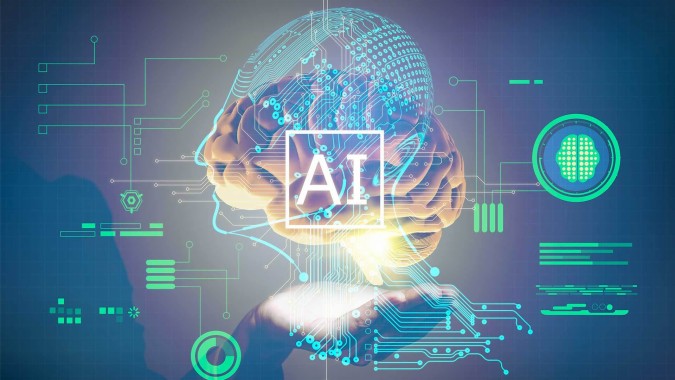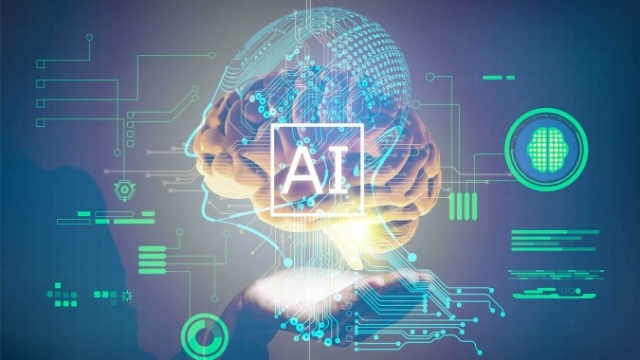
Artificial intelligence, a term that once seemed like a concept straight out of science fiction, has now firmly established itself as a driving force shaping the world of technology and beyond. With rapid advancements in machine learning, neural networks, and data processing capabilities, AI is revolutionizing industries, transforming how we live, work, and interact with the world around us. From virtual assistants on our smartphones to autonomous vehicles on the roads, the impact of artificial intelligence is palpable and far-reaching. As we delve deeper into the realms of AI, one cannot help but marvel at the endless possibilities and the profound implications it holds for the future.
Current Applications
In today’s world, artificial intelligence is already making a significant impact in various industries. One prominent application of artificial intelligence is in healthcare, where AI is being used to diagnose diseases, analyze medical images, and even predict patient outcomes. This technology is revolutionizing the healthcare industry by providing faster and more accurate diagnoses, ultimately leading to better patient care.
Another key area where artificial intelligence is currently being applied is in the realm of customer service. Many companies are utilizing AI-powered chatbots to interact with customers in real-time, providing instant responses to inquiries and concerns. These chatbots are becoming increasingly sophisticated, leveraging natural language processing and machine learning algorithms to understand and respond to a wide range of customer queries effectively.
Furthermore, artificial intelligence is playing a crucial role in the field of finance and banking. Financial institutions are utilizing AI algorithms for fraud detection, risk assessment, and personalized recommendations. These AI systems can analyze vast amounts of financial data in real-time, helping to improve security measures, optimize investment portfolios, and enhance overall customer experience.
Future Possibilities
Artificial intelligence continues to break new ground in various fields, paving the way for exciting developments. Industries such as healthcare, finance, and transportation stand poised to capitalize on AI’s potential to revolutionize processes and boost efficiency.
https://www.blab.com
One of the most promising future possibilities lies in the realm of personalized medicine. AI algorithms can analyze vast amounts of patient data to tailor treatment plans to individual needs, ultimately leading to more effective healthcare outcomes and improved patient experiences.
Moreover, the integration of AI in autonomous vehicles presents a glimpse into a future where transportation is not only safer but also more efficient. With AI at the helm, vehicles can respond to changing road conditions in real-time, significantly reducing accidents and congestion on our roads. This technology could reshape the way we travel and pave the way for a more interconnected world.
Ethical Considerations
When delving into the realm of artificial intelligence, one cannot overlook the importance of ethical considerations. As AI continues to evolve and integrate into various aspects of society, it becomes imperative to address the ethical implications that arise.
One significant ethical concern is the potential for bias in AI algorithms. These biases can stem from the data used to train AI systems, leading to discriminatory outcomes that perpetuate existing inequalities. Recognizing and mitigating bias in AI is crucial to ensuring fair and just outcomes in decision-making processes.
Another ethical consideration is the impact of AI on privacy and data security. As AI systems rely on vast amounts of data to learn and make decisions, there is a risk of infringing on individuals’ privacy rights. Safeguarding data privacy and ensuring secure handling of personal information are essential to maintaining trust in AI technologies.
